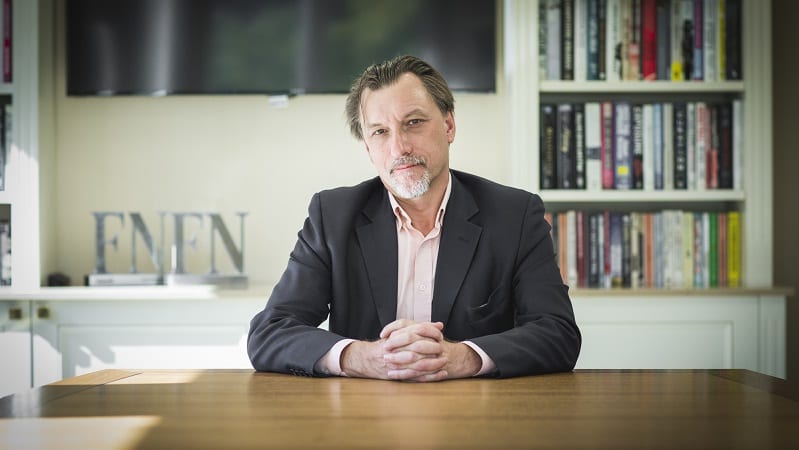Nick Train said recent underperformance has made him realise an “obvious failing” in his investment strategy in Finsbury Growth and Income’s half year report published today (28 May).
The £1.6bn trust is down 2.3% over the past three years while the FTSE All Share benchmark index has soared 23.9%. Even other IT UK Equity Income trusts – which have also struggled to keep up with the UK index – generated an average return that was four times higher than Finsbury Growth and Income.
Those invested in the trust are rightly frustrated after three years of losses, and Train said he can “absolutely share shareholders’ growing impatience”.
“What is difficult is finding a credible way to convey to shareholders why we remain optimistic about the company’s investment portfolio,” he said.
“It is difficult, because I am conscious that I have been vocally optimistic about its prospects throughout the three years and more of underperformance. So why should I be right this time?”
Bad press surrounding the UK has had a role to play in investor’s disheartened spirit – Train was “frustrated by the malaise gripping the UK equity market” that he thought was “only partly justified” – but shareholders’ dissatisfaction ultimately came down to the trust’s underperformance, which the manager has “acknowledged and apologised for”.
Train noted that the trust’s lack of exposure to oil and gas companies did hinder its performance over the past three years. Leading companies such as Centrica, Shell and BP supercharged the UK market over the period, with their shares flying 161.8%, 105.8% and 58.4% respectively – high returns that Finsbury Income and Growth had no benefit from.
However, this prolonged period of negative returns has highlighted to Train one “obvious failing” that the trust has been making over the past decade.
“The portfolio did not, with the benefit of hindsight, have enough exposure to companies with products and services likely to become more relevant and valuable to their customers as we proceed deeper in the 21st century,” he said.
“To put no finer point on it, the portfolio in 2020 did not have enough exposure to technology or companies well-positioned to exploit technology. It had some, but evidently not enough.”
Having little exposure to technology did little to curtail the trust’s returns in the 2010’s, during which time it rocketed 366.4% – more than tripling the FTSE All Share’s 118.3% return over the decade.
It was only when the market environment shifted after the pandemic in 2020 that this glaring black hole became evident. After being hit with this revelation, Train upped the trust’s tech exposure from 30% at the start of 2020 to 55% today.
These companies may account for more than half the portfolio now, but Train is still seeking more. He said: “I do not know if that 55% is yet enough. Enough to deliver the returns we aspire to deliver. But it is evident the exposure is already notably and deliberately higher than it was back in 2020.
“It is also evidently already highly differentiated from the shape of the UK stock market itself, giving the potential for seriously differentiated investment performance if our optimism in these companies is well-founded.”
Investors may question whether the UK has such tech opportunities considering the sector only makes up a measly 1.3% of the FTSE All Share index. But Train argues that many UK companies have world-leading potential in the tech sphere.
One such holding he added to this category is credit score rating agency Experian, which while not formally classified as a technology business, is “one of the best positioned companies in the world to take advantage of new data analytic tools”. It is now the third biggest holding, accounting for 11.9% of the whole portfolio.
Likewise, Train said other top holdings such as RELX and Sage “have truly transformative profit potential ahead” that could see then double of treble their profits over the coming decade.










